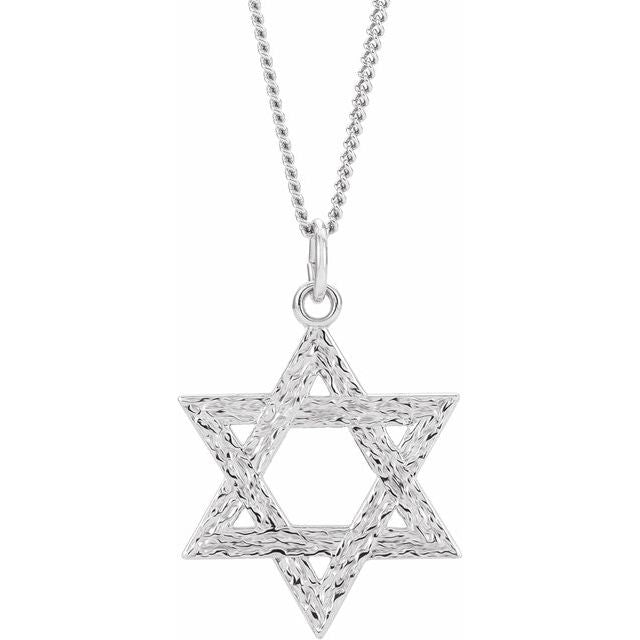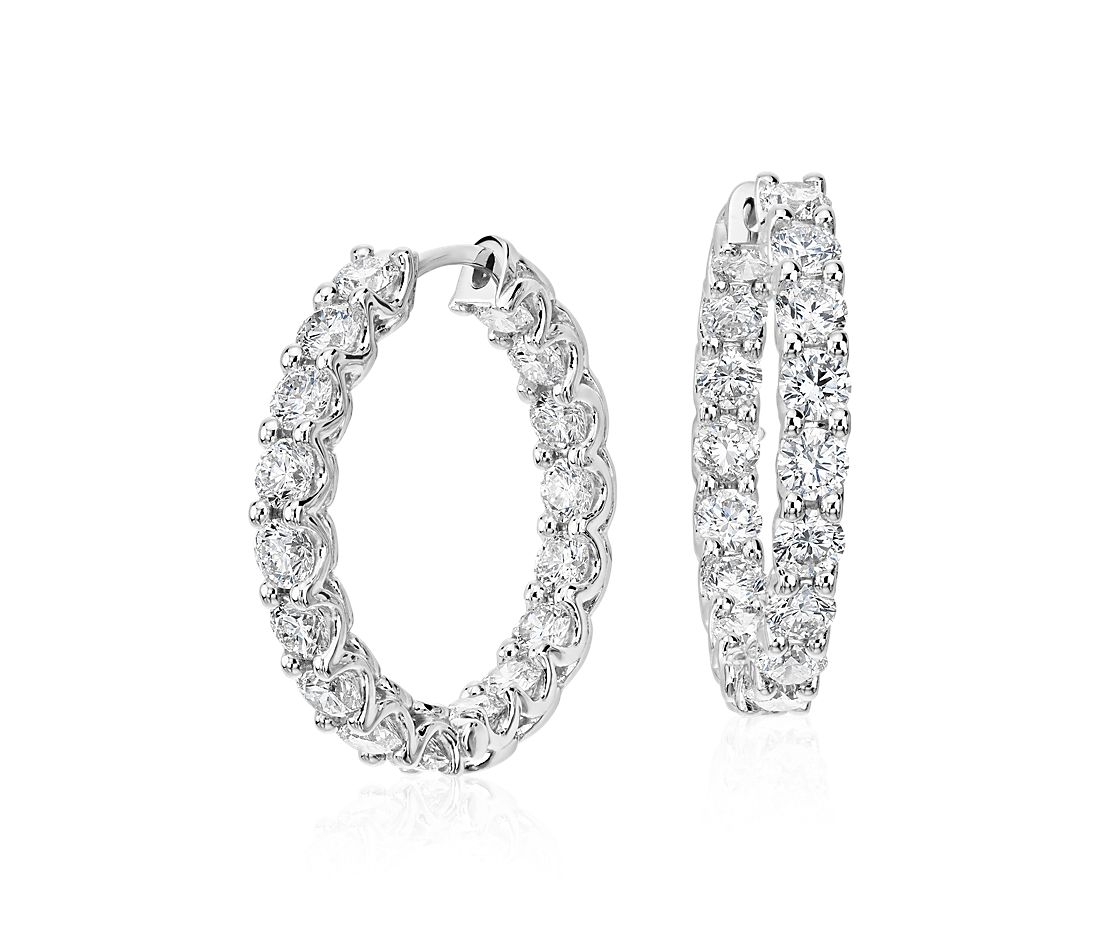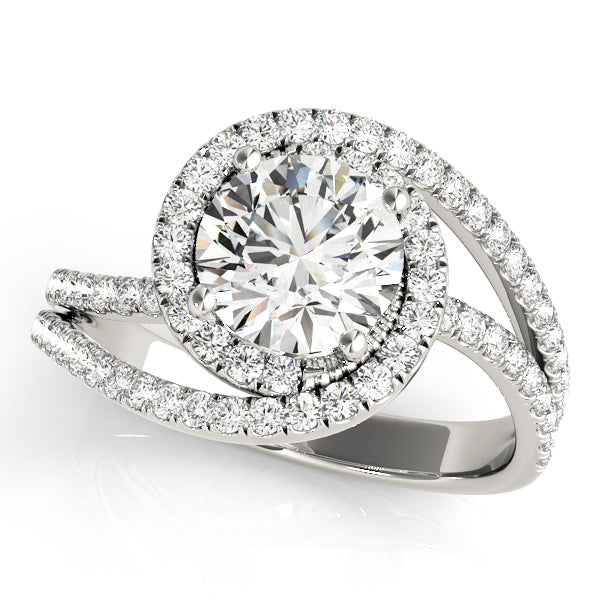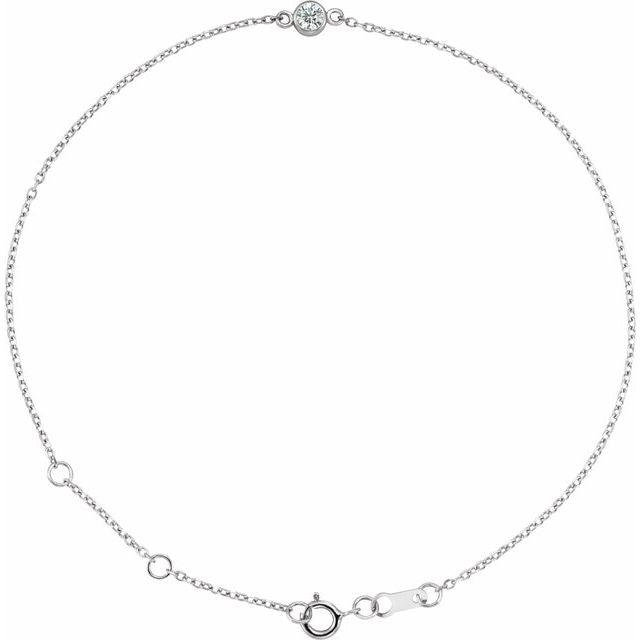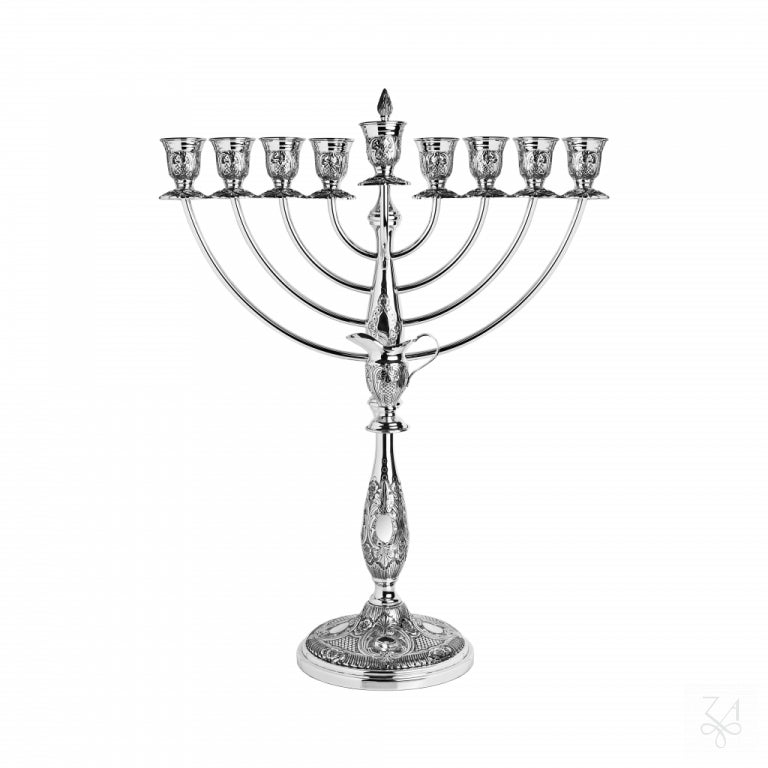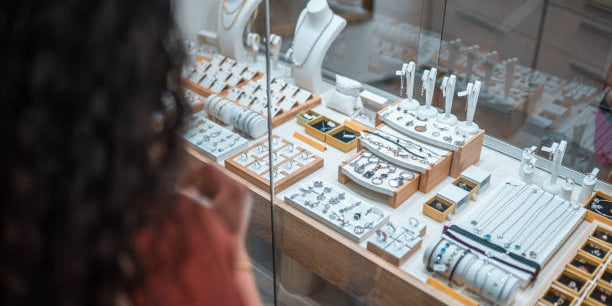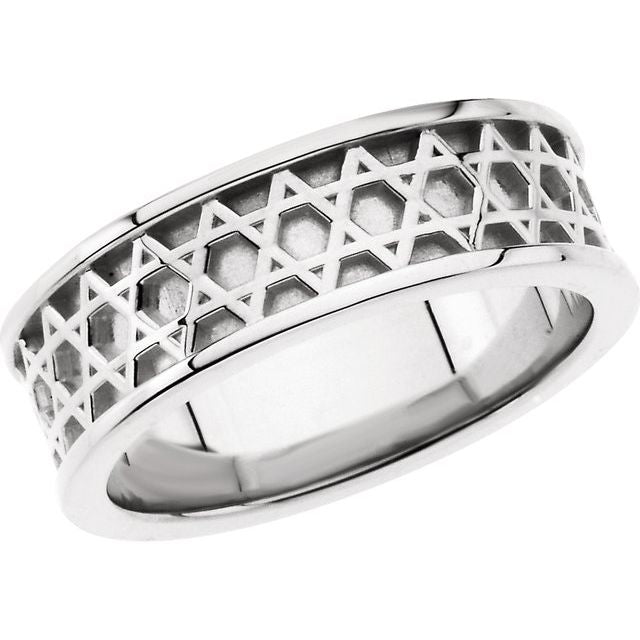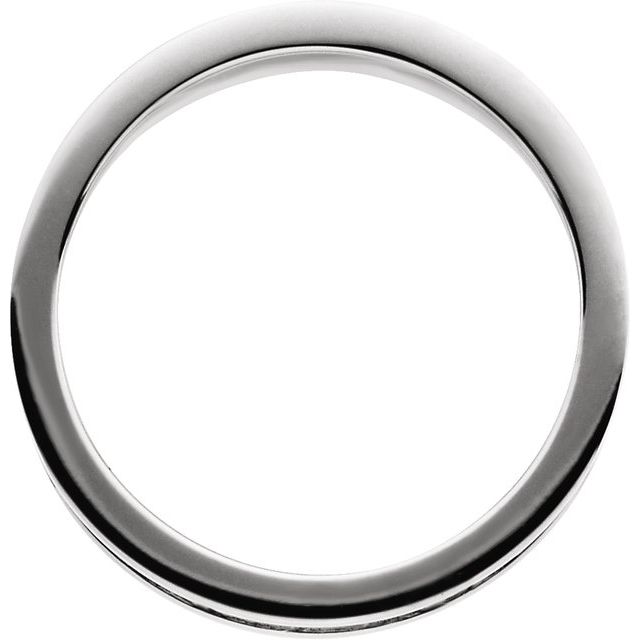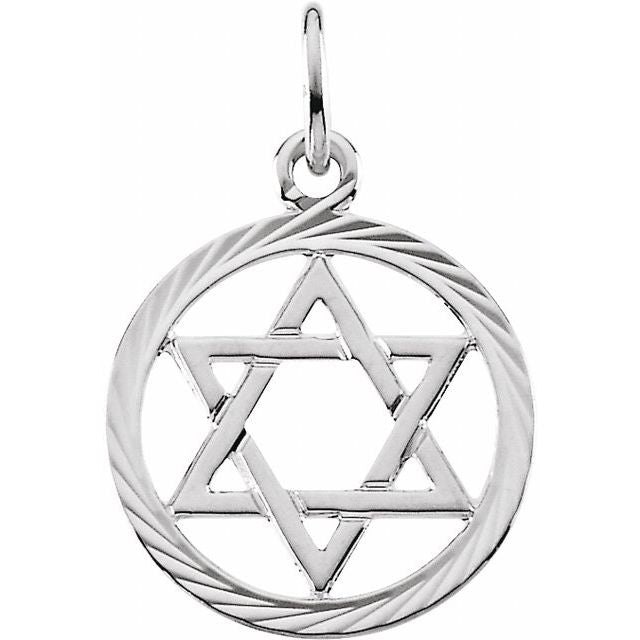Introduction
Silver jewelry has adorned human bodies for over 6,000 years, combining timeless elegance with accessibility. Today, the global silver jewelry market is valued at approximately $21 billion and is projected to reach $28 billion by 2028, growing at a CAGR of 5.8% (Silver Institute, 2022). This enduring popularity isn't surprising—silver's lustrous appearance, versatility, and affordability make it a staple in jewelry collections worldwide.
Whether you're a first-time buyer or looking to expand your collection, navigating the world of silver jewelry can be overwhelming. From understanding different types of silver to recognizing quality markers and caring for your pieces, this comprehensive guide covers everything you need to make informed decisions when purchasing silver jewelry.
Understanding Different Types of Silver
Not all silver jewelry is created equal. Understanding the different types available helps you make better purchasing decisions.
Sterling Silver (925 Silver)
Sterling silver is the most common type used in jewelry, consisting of 92.5% pure silver and 7.5% other metals (typically copper). This alloy strikes the perfect balance between silver's beauty and the durability needed for everyday wear.
Key Facts:
-
Identified by the "925" stamp, indicating 92.5% silver content
-
According to the International Silver Association, sterling silver accounts for approximately 78% of all silver jewelry sold globally (ISA Market Report, 2023)
-
The additional metals strengthen the naturally soft silver, making it practical for daily wear
Fine Silver (999 Silver)
At 99.9% pure, fine silver represents the highest silver content available in jewelry. While exceptionally pure and hypoallergenic, it's also significantly softer than sterling silver.
Key Facts:
-
Marked as "999" or sometimes ".999"
-
Rarely used for everyday jewelry due to its softness
-
Often reserved for collectible items or simple designs
-
Less likely to tarnish than sterling silver due to minimal alloy content
Argentium Silver
A modern innovation, Argentium silver replaces some of the copper in traditional sterling with germanium, resulting in higher tarnish resistance and durability.
Key Facts:
-
Contains a minimum of 93.5% silver
-
Harder and more scratch-resistant than standard sterling
-
Identified by the Argentium hallmark
-
Studies show it tarnishes up to 7 times slower than traditional sterling silver
Silver-Plated Jewelry
Silver-plated pieces feature a thin layer of silver over a base metal, offering the appearance of silver at a fraction of the cost.
Key Facts:
-
Contains very little actual silver (typically a layer measuring 1-3 microns)
-
Will eventually show wear as the plating wears off
-
Lacks a purity stamp or may be marked as "SP"
-
Accounts for approximately 35% of silver-colored jewelry sales worldwide
How to Identify Quality Silver Jewelry
Learning to distinguish high-quality silver jewelry from inferior pieces saves both money and disappointment.
Understanding Hallmarks and Stamps
Hallmarks serve as official quality guarantees, often required by law in many countries.
Common Silver Hallmarks:
-
"925" or "Sterling" - Sterling silver (92.5% pure)
-
"958" - Britannia silver (95.8% pure)
-
"999" or "Fine Silver" - 99.9% pure silver
-
"800" - European silver standard (80% pure)
-
"Ster" - Abbreviated form of "Sterling"
According to a survey by the Jewelers Vigilance Committee, approximately 15% of silver jewelry sold online lacks proper hallmarking, highlighting the importance of purchasing from reputable sources (JVC Consumer Alert, 2023).
Physical Tests for Silver Authenticity
When hallmarks are absent or questionable, these simple tests can help verify authenticity:
The Magnet Test Silver is non-magnetic. If a piece strongly attracts to a magnet, it likely contains significant amounts of non-precious metals.
The Ice Test Silver conducts heat exceptionally well. Place an ice cube on suspected silver—it should melt noticeably faster than on non-silver metals.
The Ring Test Gently tap pure silver—it produces a distinctive bell-like ring rather than a dull thud.
Signs of Poor Quality Silver Jewelry
Watch for these red flags when evaluating silver jewelry:
-
Rapid tarnishing (within days of purchase)
-
Green or black marks on the skin
-
Magnetic attraction
-
Unusually light weight
-
Fuzzy or indistinct design details
-
Blurry or missing hallmarks
-
Unrealistically low pricing
Popular Silver Jewelry Styles and Designs
Silver's malleability makes it ideal for countless design possibilities, from minimalist to elaborate.
Timeless Classics
These enduring designs remain consistently popular year after year:
-
Chain necklaces and bracelets - Simple yet versatile
-
Hoop earrings - A staple in various sizes
-
Stud earrings - Everyday essentials
-
Tennis bracelets - Elegant simplicity
-
Signet rings - Traditional with modern appeal
Cultural and Ethnic Silver Jewelry
Silver plays a significant role in traditional jewelry worldwide:
-
Native American silver - Known for turquoise and coral inlays
-
Mexican silver - Bold designs often featuring cultural symbols
-
Indian silver - Intricate patterns with religious significance
-
Thai hill tribe silver - Handcrafted with distinctive texturing
-
Scandinavian silver - Clean, minimalist design aesthetic
Contemporary Trends in Silver Jewelry
Recent market data from the Silver Promotion Service indicates these trending styles (SPS Trend Report, 2023):
-
Mixed metals - Silver combined with gold, rose gold, or copper
-
Stacking and layering pieces - Creating personalized combinations
-
Geometric designs - Modern, architectural aesthetics
-
Nature-inspired motifs - Botanical and animal themes
-
Personalized and initial jewelry - Custom pieces with personal significance
Factors Affecting Silver Jewelry Pricing
Understanding pricing factors helps ensure you're getting fair value for your purchase.
Weight and Silver Content
The most fundamental factors in pricing:
-
Higher silver content commands premium pricing
-
Heavier pieces contain more silver and typically cost more
-
Market price of raw silver (which fluctuates daily) impacts retail pricing
Craftsmanship and Design Complexity
The artistry behind the piece significantly impacts value:
-
Hand-crafted pieces typically command 30-50% higher prices than mass-produced items
-
Intricate designs require more skilled labor
-
Designer or artist signatures can increase value by 100% or more
-
According to the Craft Council, consumers increasingly value artisanal craftsmanship, with 68% willing to pay more for handmade silver jewelry (Craft Market Insights, 2023)
Additional Materials and Embellishments
Supplementary elements impact pricing:
-
Gemstones (precious or semi-precious)
-
Enamel work
-
Gold accents
-
Specialty techniques like filigree or granulation
-
Unique texturing or finishing methods
Caring for Silver Jewelry
Proper maintenance preserves both appearance and value over time.
Preventing Tarnish
Silver naturally reacts with sulfur compounds in the air, causing tarnish. Minimize exposure to:
-
Air (store in airtight containers)
-
Moisture (remove before showering or swimming)
-
Chemicals (perfumes, lotions, household cleaners)
-
Rubber, wool, and certain foods (eggs, onions, mayonnaise)
Pro Tip: According to jewelry preservation experts, placing anti-tarnish strips in storage containers can reduce tarnishing by up to 75%, extending the time between cleanings (American Institute for Conservation, 2023).
Cleaning Methods
For regular maintenance:
-
Commercial silver cleaners - Fast and effective but may contain harsh chemicals
-
Polishing cloths - Gentle and convenient for light tarnish
-
DIY solutions - Aluminum foil, baking soda, and hot water create an ionic reaction that removes tarnish
For deeper cleaning:
-
Silver dips - Quick but potentially harsh on gemstones or decorative elements
-
Professional ultrasonic cleaning - For complex or valuable pieces
Storage Best Practices
Proper storage significantly extends your jewelry's lifespan:
-
Store pieces individually to prevent scratching
-
Use anti-tarnish bags or cloths
-
Consider silica gel packets to reduce moisture
-
Keep in cool, dark places
-
Avoid bathroom storage where humidity fluctuates
Sustainable and Ethical Silver Jewelry
Increasingly, consumers care about the environmental and social impact of their purchases.
Responsible Mining Practices
The silver mining industry faces significant environmental and social challenges:
-
Traditional mining creates approximately 20 tons of waste for every gold ring with silver accents produced
-
Water pollution from mining affects surrounding communities
-
Look for brands that source from certified responsible mines
Recycled Silver
Recycled silver offers environmental benefits:
-
Produces 95% less carbon emissions than newly-mined silver
-
Conserves natural resources
-
Reduces mining waste
-
According to the Ethical Metalsmiths organization, recycled silver use in jewelry has increased by 43% since 2018 (Ethical Metalsmiths Survey, 2023)
Fair Trade and Artisanal Silver
Supporting ethical production:
-
Fair trade certification ensures artisans receive fair compensation
-
Artisanal mining cooperatives often implement more sustainable practices
-
Direct trade relationships improve working conditions and community development
Silver Jewelry for Different Occasions and Lifestyles
Different situations call for different types of silver jewelry.
Everyday Silver Jewelry
Pieces designed for daily wear balance style with practicality:
-
Durable designs that withstand regular use
-
Comfortable fit for extended wearing
-
Versatile styling that complements various outfits
-
Low-profile settings that won't catch on clothing
Statement Pieces for Special Events
For making an impression:
-
Larger, more elaborate designs
-
Eye-catching central elements
-
Unique craftsmanship techniques
-
Often incorporates gemstones or distinctive texturing
Silver Jewelry for Active Lifestyles
For those with sports or outdoor hobbies:
-
Secure clasps and fasteners
-
Snug fits that prevent movement during activity
-
Smooth edges that won't catch
-
Durable construction that resists impact
-
Simple designs that won't interfere with equipment
Investment Considerations for Silver Jewelry
While primarily purchased for adornment, silver jewelry can sometimes hold investment value.
Collectible Silver Jewelry
Some pieces appreciate over time:
-
Signed pieces by renowned designers or brands
-
Limited edition collections
-
Historical or vintage pieces with provenance
-
Exceptional craftsmanship or artistic merit
Silver Jewelry vs. Silver Bullion
Distinguishing between decorative and investment-grade silver:
-
Jewelry typically carries a significant markup over the metal value
-
Bullion (coins, bars) closely tracks the metal's market price
-
Jewelry value derives from design, craftsmanship, and brand
-
According to precious metals analysts, silver bullion has shown average annual returns of 3.5% over the past decade, while collectible silver jewelry from established designers has appreciated at 7-12% annually in some cases (Precious Metals Investment Report, 2023)
Factors That Enhance Long-term Value
Elements that help silver jewelry maintain or increase in value:
-
Provenance and documentation
-
Original packaging and certificates
-
Condition (minimal wear or damage)
-
Historical significance or unique story
-
Rarity or limited availability
Buying Guide: Where to Purchase Quality Silver Jewelry
Navigate the marketplace with confidence using these guidelines.
Brick-and-Mortar Retailers
Traditional shopping offers these advantages:
-
Physical inspection before purchase
-
Immediate acquisition
-
Professional guidance and education
-
Relationship building with local jewelers
-
Easier returns and adjustments
Online Silver Jewelry Shopping
The digital marketplace provides:
-
Vastly larger selection
-
Often lower prices (reduced overhead)
-
Convenience and 24/7 shopping
-
Customer reviews and ratings
-
According to retail industry data, online silver jewelry sales have increased by 76% since 2019, with 62% of consumers researching online before making purchases (Retail Dive Industry Analysis, 2023)
Red Flags and Warning Signs
Protect yourself from fraud and disappointment by watching for:
-
Vague or missing material descriptions
-
No return policy or restocking fees
-
No proper hallmarking
-
Unrealistically low prices
-
Poor quality photos or limited views
-
Missing contact information
-
Negative reviews or lack of company history
Conclusion
Silver jewelry's combination of beauty, versatility, and affordability ensures its continued popularity. By understanding the different types of silver, recognizing quality indicators, and making informed purchasing decisions, you can build a collection that brings joy for years to come.
Whether you're drawn to classic designs or contemporary trends, seeking everyday pieces or special occasion statements, silver offers something for everyone. With proper care, your silver jewelry can maintain its beauty and potentially appreciate in value over time.
As consumer preferences increasingly emphasize sustainability and ethical production, the silver jewelry industry continues to evolve. By supporting responsible practices and conscious consumption, your purchasing decisions can align with your values while adding beautiful pieces to your collection.



